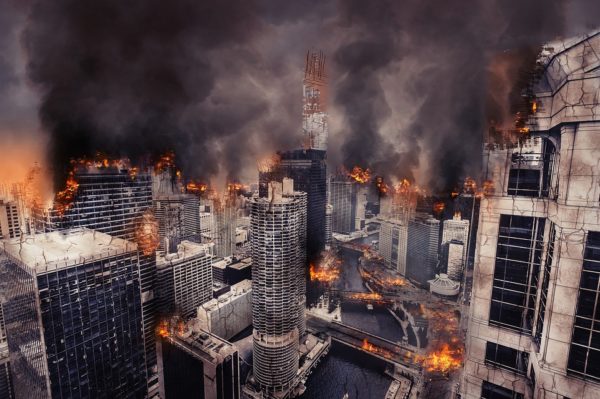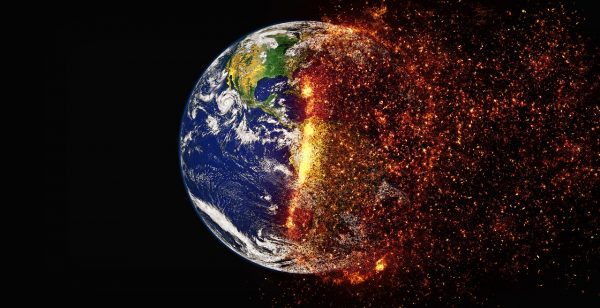Jeff Baker, Boogieman In Lavender: “All That We Can Do.” January 11, 2025
All That We Can Do by Jeff Baker There’s a meme floating around the web; a quote to the effect that you should thank the part of you that helped you get through this year before you start listing the improvements you’re going to make this year. That got me thinking. I post a monthly progress report about my writing. Listing how much stuff I finished, what I worked on and any sales and the like. I look through them and I get a little discouraged about my progress and my career. But I shouldn’t. I have published at least … Read more










